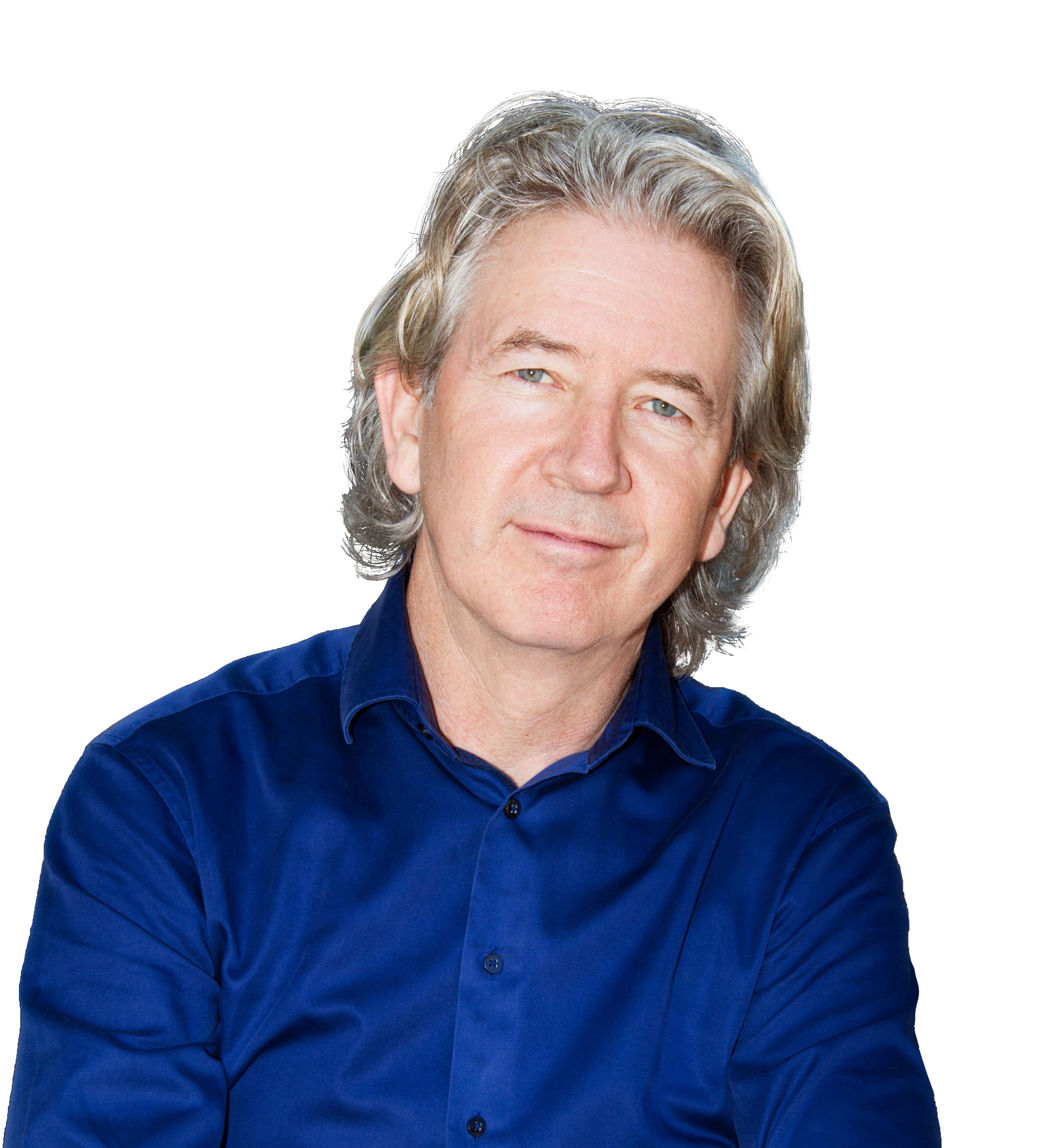Your brain generates more energy, and consumes more fuel, from food than any other organ in the body. Every single thought and image you see sends messages whizzing through your neural network. After a day's activity your brain literally has to repair and reload, which is what sleep is largely about. While you don't generally make more brain cells you do make, and lose, connections between them all the time. What you eat and how you live has a major impact on, not only how you think and remember, but also on how you feel.
Let's take two examples. Depression and dementia. If you lack brain fats - either vitamin D or omega-3 fats found in seafood - you are likely going to become depressed. Both of these nutrients, as well as a lack of B vitamins, are also going to substantially increase your risk of losing your memory and, ultimately, developing Alzheimer's. Less than one in a hundred cases of Alzheimer's are caused by genes.
Why? One reason is that the membrane of your brain cells, called neurons, are made of essential fats, primarily omega-3, which are only made functional by a process called methylation which is dependent on vitamins B6, folate, found in greens, and B12 which is only in animal foods. Low levels of these vitamins predict your future risk for dementia.
How do you know if you are getting enough from your food?
With a simple blood test called 'homocysteine' which determines if you're doing methylation properly. If your homocysteine is above 11mcmol/l, which can be tested with a home-test kit, your brain is shrinking at an accelated rate. Brain shrinakge is the hallmark of Alzheimer's. Roughly half of those over 60 have a homocysteine level in the brain shrinking zone. Why? Because B12 becomes increasingly hard to absorb. These people need to take a high potency B vitamin supplement providing 500mcg of B12. You'll be hard pushed to eat more than 5mcg. An egg, for example, gives you 1mcg.
So, already you've learnt two brain essentials: getting enough brain fats omega-3 and vitamin D ; getting enough B vitamins. These literally help build your brain.
But what does it run on?
Your brain is hybrid - it can run on either glucose, made from carbohydrates or ketones, made from fat. If you stop eating your liver will turn body fat into ketones to fuel the brain. There's also a type of oil, called C8 oil, you can buy in the health food store from which you'll make ketones. You might think that if glucose powers your brain eating sugar will give you brain a boost. Well, it does in the short-term but eating too much sugar and carbs actually messes up glucose delivery to the brain so you actually become deficient. Teenagers with sugar problems already show similar memory problems and shrinkage in similar areas of the brain as those with Alzheimer's. The youngest recorded diagnosis of non-genetic Alzheimer's is age 19. Even having a slightly raised but 'normal' blood sugar level in mid-life bumps up dementia risk in later years by 15 per cent. Giving C8 oil two tablespoons a day to people with pre-dementia improves their memory and increases energy supply to the brain.
A lack of energy means you can't concentrate. So there's two more upgrade your brain secrets - learning how to eat a lower carbohydrate diet, with very little sugar. This is called a low GL diet and is explained in my book. The second secret is how to bump up your ketone supply with C8 oil.
All this energy production, like an engine that has to work hard, makes exhaust fumes. These are called oxidants. That's why both smoking and living in a polluted environment, increase dementia risk. It's also why eating lots of vegetables, fruit, herbs and spices, which are high in antioxidants, reduces risk. So too does vitamin C. Those who supplement it have lower risk of memory decline. So that's another brain upgrade secret. Eat lots of fresh, organic vegetables, fruit, herbs and spices.
Like a muscle, if you don't use your brain you lose it. That's why having an 'active mind' and 'active body' help keep your mind sharp. Exercise, especially anything that requires complex movement or balancing, such as dance, hill walking and sport, really engages your brain. These are two more brain upgrade secrets.
What does a dog do after a walk? Sleep. That's why we literally have to sleep to recover and reload the brain. So getting enough sleep is a brain essential. Those who sleep seven to right hours a night have much lower risk of dementia and depression than those who sleep too much or too little. Prolonged stress also interferes both with sleep but also with brain recovery. So learning how to build stress resilience and getting enough sleep, which my book explains, are tow more brain essentials.
8 brain health essentials
- Low carb and GL: Eat a low glycemic load GL diet

